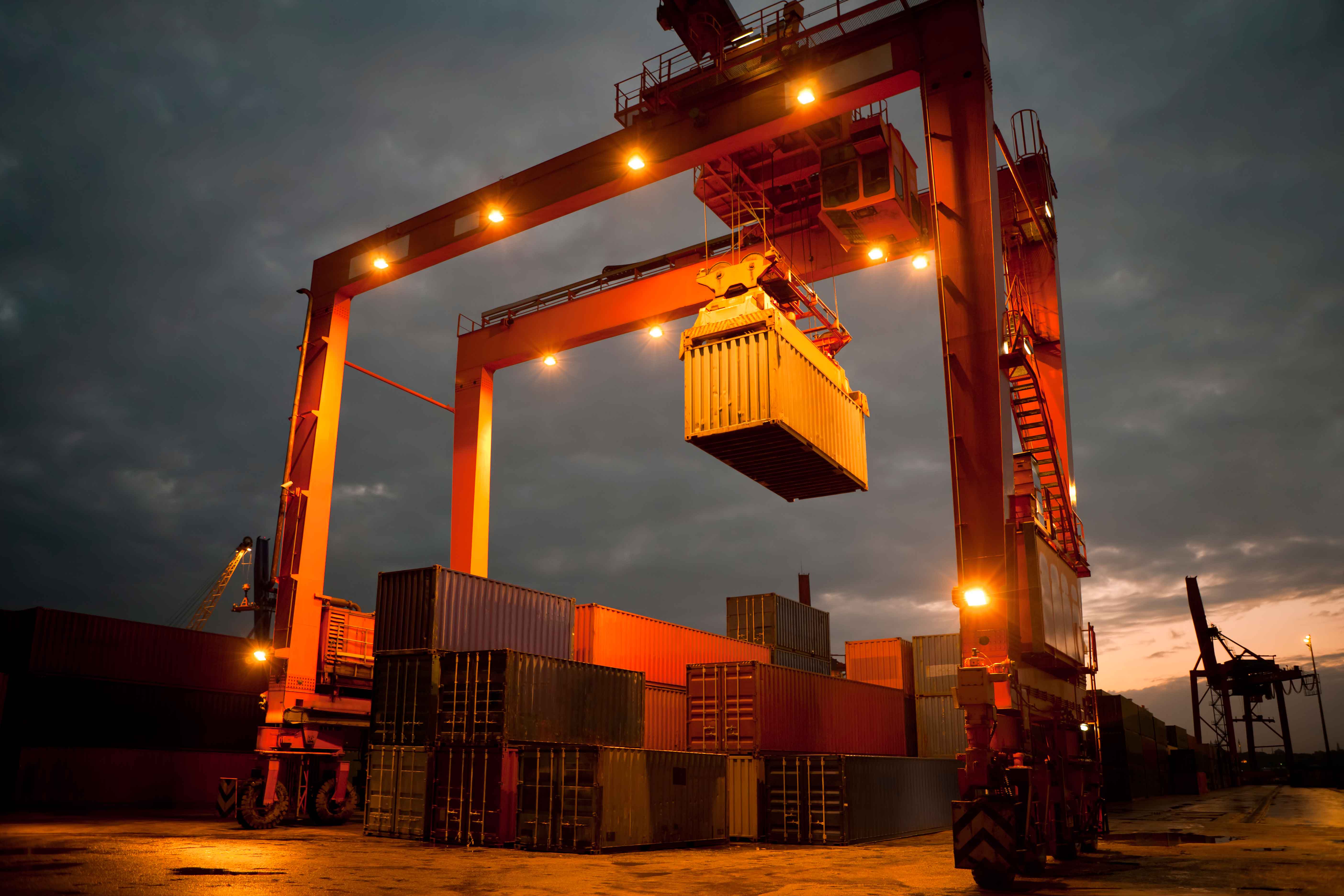- Unveils a study, in association with Economist Impact, citing technology enablement and sustainability as the top two priorities to help create resilient and sustainable supply chains.
Bengaluru, July 25, 2024: In recent years, India has solidified its position as an emerging global economic power, thanks to a burgeoning consumer market and demands to de-risk global supply chains. Digital technology is vital to enable efficient, reliable, and sustainable supply chains and is core to India’s ambitions to increase its participation in global value chains from ~40% to ~50%. In line with this, the SAP Sustainability Data Exchange solution is designed to securely exchange standardized sustainability data, including product footprints, along the value chain. The solution allows companies to effectively exchange carbon emissions with their customers to help companies get actionable insights into Scope 3 emissions by moving from averages to actual supplier data.
Commenting on the announcement, Manish Prasad, President & Managing Director, SAP Indian Subcontinent, said, “To propel India as a global manufacturing leader, a robust supply chain and logistics infrastructure is vital. To expedite India’s ambitious vision of being among the top supply chain hubs, it is crucial to integrate technologies like business network platforms and local data centres underpinned by Cloud and AI. At SAP, we are committed to this vision and are working with Indian enterprises, startups, and the wider ecosystem to promote transparent, efficient, and sustainable business value chains.”
As a part of the company’s ongoing efforts to to help enterprises build resilient supply chains, SAP also unveiled a study, in association with Economist Impact exploring how businesses and industries are transforming procurement to meet existing and emerging challenges amid disrupted supply chains, rising costs, and growing uncertainty.
Some of the key trends among businesses indicate:
- Digitalization – the #1 business priority: Digitalization remains the topmost priority for businesses, aligning with India’s vision to create reliable and efficient global supply chains through the use of digital technologies.
- Artificial Intelligence (AI) to the forefront: Digitalization, as the top priority, is being partly influenced by advances in automation technology, AI, and Gen AI, the top technology trend businesses are looking to implement over the next 12 to 18 months.
- Procurement’s green thumb: Legislation and compliance requirements around sustainability standards, supply chain transparency, emissions, and resource efficacies, are exerting pressures on businesses, particularly on procurement teams to meet the organization’s environmental, social, and governance (ESG) goals.
Ashwani Narang, Vice President & Head of Spend Management, SAP India, added, “SAP has been working with customers, partners, and the Indian government for years to support the vision of a ‘Digital India.’ SAP Sustainability Data Exchange, coupled with multiple solutions available at a local India-based data center we announced last year, will help our Indian customers bolster supply chain resilience, transforming them into intelligent, sustainable, and future-ready businesses.”



